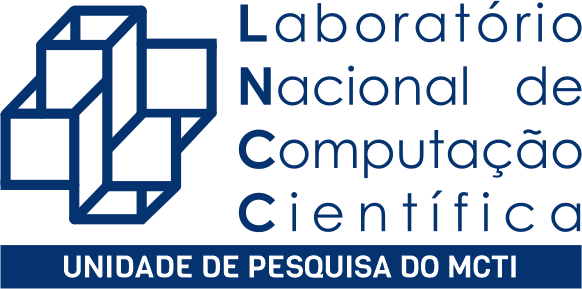EVENTO
Foundational Framework for Digital Twins: Unifying Mathematical, Ontological, and Computational Perspectives
Tipo de evento: Defesa de Tese de Doutorado
A digital twin is a computational counterpart to a real-world system that harnesses real-time data Exchange and advanced simulation capabilities to expand the boundaries in fields like manufacturing, healthcare, and urban planning. Propelled by advancements in Information Systems, the Internet of Things (IoT), Artificial Intelligence (AI), and Big Data Analytics, these sophisticated tools offer nuanced insights and enhance decision-making processes, fundamentally transforming interaction and management of complex systems. However, the rapid ascent of Digital Twins has outpaced the development of a unified theoretical foundation, revealing a significant gap a shortfall in formal mathematical definitions and comprehensive foundational frameworks. This absence of a standardized approach leads to diverse, often ad-hoc development strategies, creating barriers to the establishment of universally accepted elements and principles. Such challenges hinder the ability to achieve semantic interoperability, scalability,and reusability, and more critically, they obscure the semantic clarity of Digital Twins. This thesis proposes a formalized description of Digital Twins, unifying conceptual, ontological, mathematical, and computational aspects to support a modeling toolkit that facilitates shared comprehension and exploration ofDigital Twins. The research approaches Digital Twins from four interrelated perspectives: the conceptual angle focuses on the 'twinning' process and its implications for model fidelity; the ontological perspective provides astructured meta-model for defining and interrelating domain concepts; the mathematical view frames Digital Twins within dynamic systems theory, capturing their evolution and lifecycle; and the computational aspect translates these theories into practical, data-driven models and algorithms. This holistic approach fosters a deeper understanding and exploration of Digital Twins, allowing for scalable, adaptable, and accurate representations across various domains. This synthesis acknowledges Digital Twins as evolving entities whose systematic structure is provided by the Unified Foundational Ontology (UFO), encapsulating the state dynamics of physical systems, the observed states from measurement activities, and the digital states from stored and computational representations. The model is expanded to include predictive and prescriptive sibling states (i.e. spin-offs of Digital Twins) and the stakeholders' quantities of interest, all within a temporal-spatial framework. The thesis allows a mathematical methodology that transcends deterministic models, embracing stochastic processes to account for the uncertainties of measurement and prediction. This approach is complemented by an ontological layer that binds the UFO's treatment of events and situations to the mathematical structures describing the space-time dynamics of Digital Twins, forming the UFO-DT (Unified Foundational Ontology for Digital Twins). The practical implications of this unified approach are demonstrated through diverse use cases. These encompass environmental control within enclosed spaces, information management in library systems, and expansive urban and meteorological models. Each case study highlights the model's versatility and adaptability, emphasizing its potential to revolutionize the understanding and management of complex systems across various domains. In summary, the thesis contributes significantly to the field of Digital Twins by developing a comprehensive, interdisciplinary framework. This work charts a path for future developments and applications in Digital Twin technology, underscoring the importance of foundational unification in fostering a collaborative and innovative ecosystem. The research paves the way for Digital Twins to become integral components of intelligent, adaptive systems, enhancing the capacity to understand and interact with an increasingly complex world.Para assistir acesse:meet.google.com/cih-hfmr-dxk
Data Início: 25/04/2024 Hora: 09:00 Data Fim: 25/04/2024 Hora: 12:00
Local: LNCC - Laboratório Nacional de Computação Ciêntifica - Virtual
Aluno: Claudio Daniel Tenório de Barros - - LNCC
Orientador: Fabio Andre Machado Porto - Laboratório Nacional de Computação Científica - LNCC
Participante Banca Examinadora: Giancarlo Guizzardi - University of Twente (UT - Países Baixos) / Stockholm University (SU - Suécia) - Jonice de Oliveira Sampaio - Universidade Federal do Rio de Janeiro - UFRJ Luiz Manoel Rocha Gadelha Júnior - German Cancer Research Center - DKFZ Marco Antonio Casanova - Pontifícia Universidade Católica do Rio de Janeiro - PUC-RIO
Suplente Banca Examinadora: Antônio Tadeu Azevedo Gomes - Laboratório Nacional de Computação Científica - LNCC


